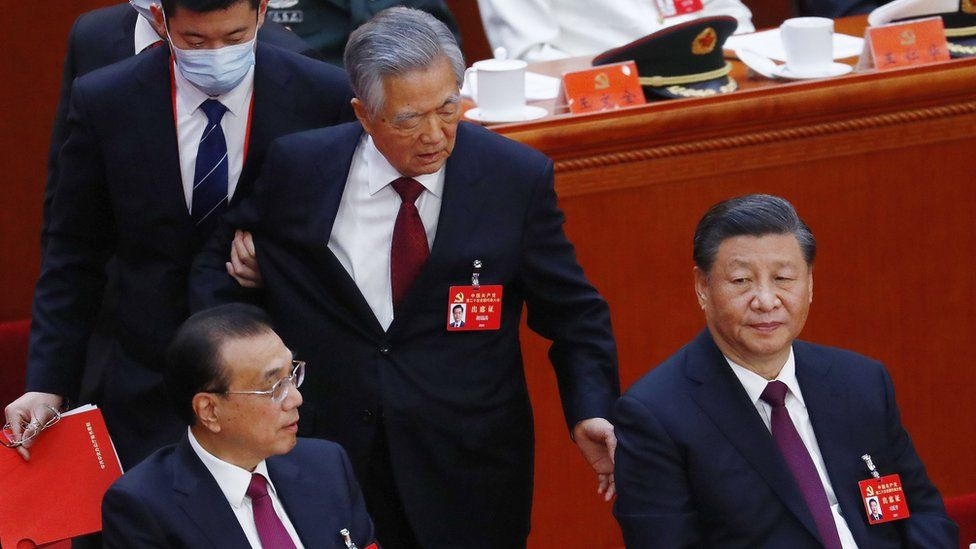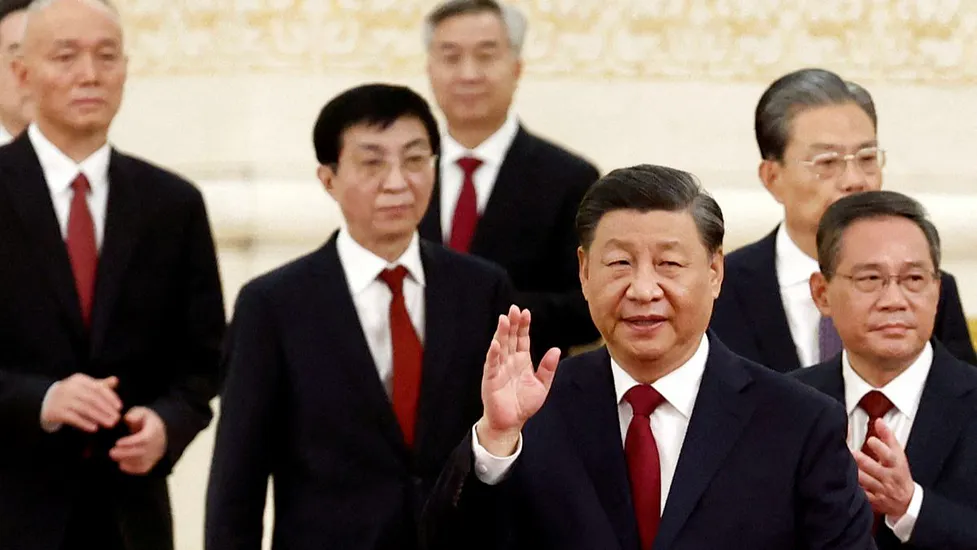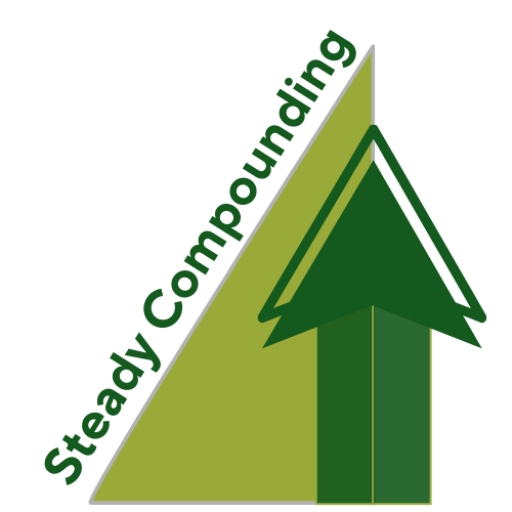Last Saturday, former Chinese President Hu Jintao was ‘escorted’ out of the congress, shortly after local and foreign media were allowed to enter the auditorium. This congress saw Hu’s successor, Xi Jinping secure an unprecedented third term at the helm.
Hu was forcibly removed from the congress
In this video, it was painful to watch Hu forced to leave by a young officer. We can’t really hear the full dialogue, but here’s the bits and piece of the dialogue:
Young officer: Leader, please stand up.
Hu Jintao: What is it you want?
Young officer: Let me accompany you to the conference room first.
Hu Jintao: I don’t want to go.
After a series of back and forth, Hu Jintao was forcibly removed from his chair and escorted out. Xi Jinping was seated to the right of Hu and avoided eye contact throughout the tussle. Li Zhanshu, chairman of China’s legislature, seemed to know about this beforehand and was packing up Hu’s documents for him to leave.

Before being held out of the congress, Hu tapped Li Keqiang, his protégé and outgoing premier of China, on the shoulder as if it were a final goodbye.
It was heart-wrenching to see that to say the least.
But wait… what was the motive?
There are likely only two scenarios that could pan out:
1) Hu Jintao has had a serious health issue and needs to be attended to
2) It’s a power move to present a leader representing a former time being symbolically removed.
It’s likely that events like these are staged and rehearsed. The actions and the timing of removing Hu right after letting journalists in seems a little too…coincidental.
If it was planned, why was there a need to do so? Xi has already announced the Chinese Commnunist Party’s new Politburo and his third term as leader of China has already been cemented.
It’s up to any one’s guess why Hu was escorted out of the Great Hall of the People but what should be given more attention is who Xi chose to become the new Politburo of the CCP.
The 7 men who will rule China

The elite seven-member group is stacked with the leader’s own people for the first time since Deng Xiaoping stepped down. The group is filled with men who owe their careers to Xi and who are most loyal to him.
The party will have fewer diverse opinions and no checks and balances now that all rivals have been purged.
Li Qiang will replace Premier Li Keqiang as China’s second most powerful leader. It raised eyebrows that Li Qiang had no experience as a vice premier. He lacked the broad range of administrative experience, such as leading an impoverished province, required for top party posts.
He was also criticized for handling Shanghai’s two-month Covid lockdown, which sparked public protests and battered the city’s export-driven economy.
What will China be like?
There is clearly jitter in the stock market. It never likes uncertainty. Over the next couple of months, it will be important to track what policies Xi will implement to see where the country is headed.
In the meantime, let’s look at his nearly 2-hour speech at the opening ceremony of the 20th National Congress of the Communist Party.
Here are my notes:
- Xi calls on all party members to build China into an all-round modern socialist country
- Modernization will be the central task of the party and the next five years will be a “crucial period”
- Raising productivity will be key and he’s focused on making industrial and supply chains more resilient and secure
- The party will “unswervingly” buttress and develop state-run enterprises while encouraging the development of private businesses. The party will “give full play to the decisive role of the market in the allocation of resources” while also letting the government play a better role.
- Continues to iterate that China’s “zero-Covid policy” has “protected the people’s health and safety to the greatest extent possible”
- On Taiwan, Xi said the party will continue to strive for peaceful reunification, but that “we will never promise to renounce the use of force, and we reserve the option of taking all measures necessary” when encountering separatist activities and external interference.
- “The complete reunification of our country must be realized, and it will be realized,”
How should you position your portfolio?
If you have a stake in a Chinese company, have proper risk management by diversifying and not run a crazy concentrated portfolio. It will be important to monitor the upcoming policies over the next few months.
But truth be told, like it or not, most companies have China as a stakeholder. Either from their supply chain (almost all companies that sell products) or have a sizeable revenue share from China (e.g. Apple, Starbucks, LVMH, etc).
If you have any thoughts on this, let me know in the comments below! Or you can shoot me an email by replying directly to my newsletter.


There are two goals China is pursuing – A: China wants to take over USA as a biggest economy in the world. It means dethroning USD as a reserve currency of the world too. As I can read from your transcript, Xi did not mention it in his opening ceremony speach, but i can hardly imagine how that is not a goal. And B: reuniting with Taiwan.
Here is my idea, i dont think A and B can be accomplished at the same time. He needs to choose. Personalities Xi has chosen for his Politburo make me think that he chose B.
If thats true, there is gonna be more turbulence ahead.
Hi Rihards, from his speech he did mentioned that the one country two systems with Hong Kong is working well (his perspective). And of course with him blatantly saying that Taiwan must be reunited. It does seem that he might be more aggressive with B.